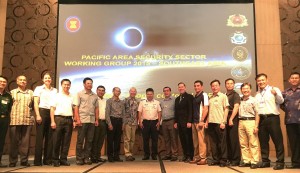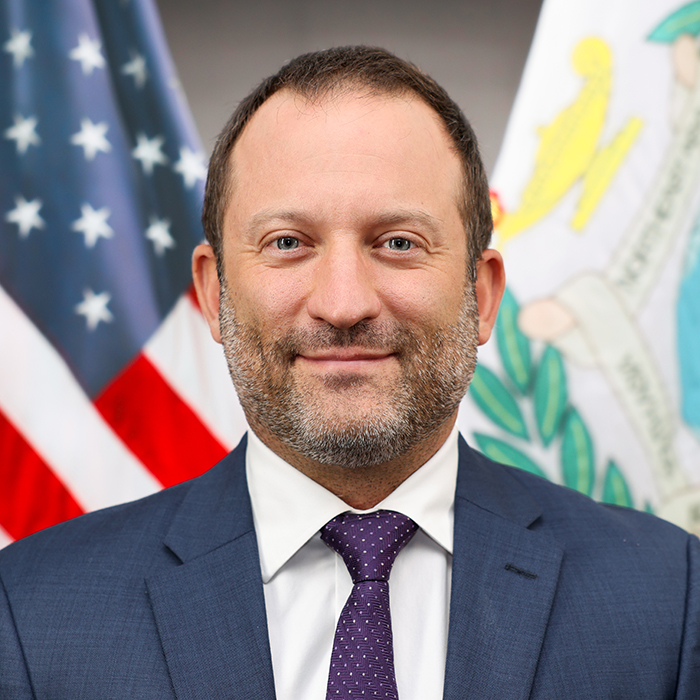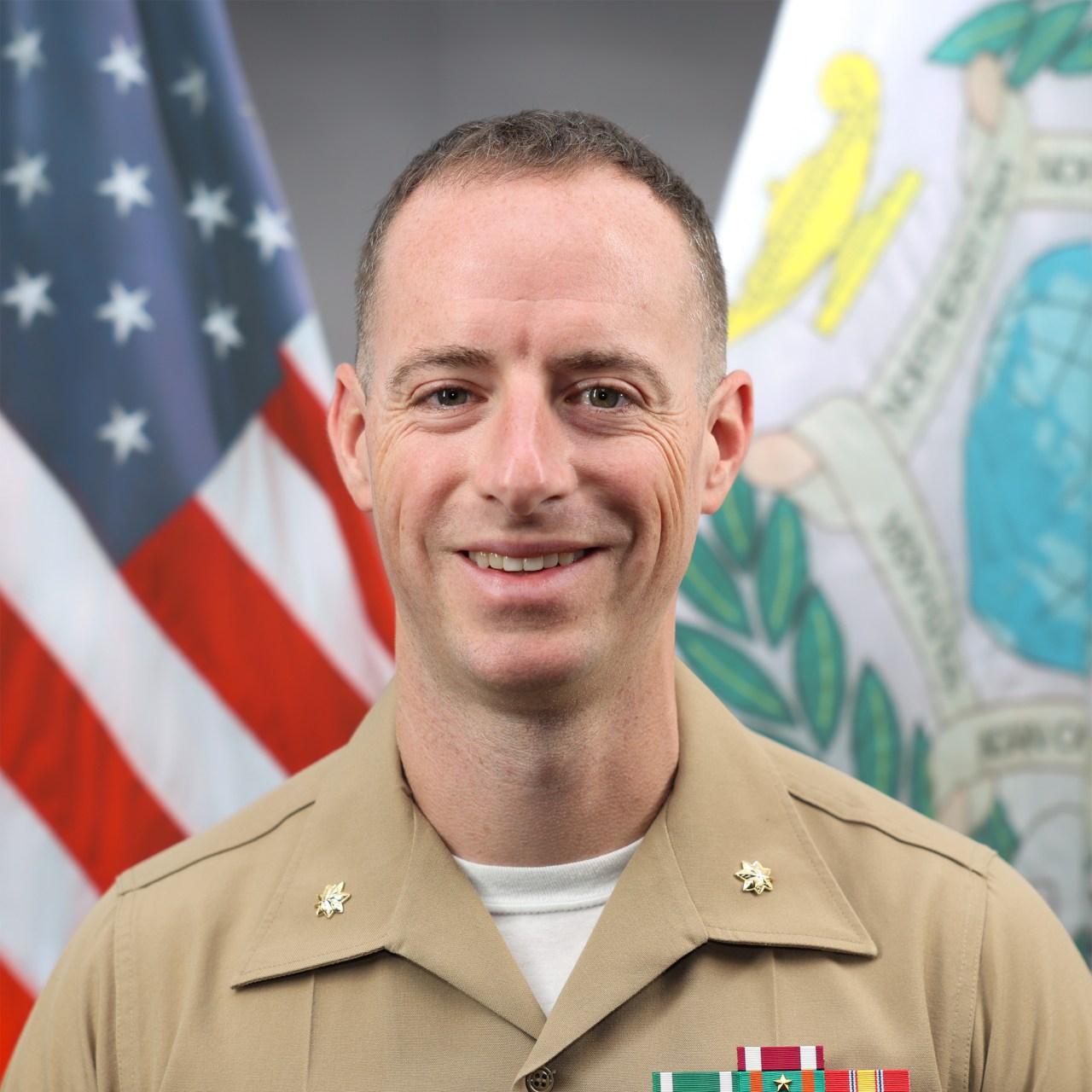 “Creating security for a people-centered ASEAN” was the theme of the Special Operations Forces, Pacific workshop held May 25 to 29 in Da Nang, Vietnam. Four Asia-Pacific Center for Security Studies professors supported the event focused on humanitarian assistance and disaster relief, maritime security, and combating terrorism.
“Creating security for a people-centered ASEAN” was the theme of the Special Operations Forces, Pacific workshop held May 25 to 29 in Da Nang, Vietnam. Four Asia-Pacific Center for Security Studies professors supported the event focused on humanitarian assistance and disaster relief, maritime security, and combating terrorism.
Center participants included Dean Carleton Cramer, who presented the topic “Special Operations in the Maritime Domains.” Dr. Alexander Vuving addressed the “South China Sea Conundrum,” and Dr. Alfred Oehlers discussed “Radicalization” and “Counter-Threat Financing.” Professor Shyam Tekwani presented two case studies on “Interagency Counterterrorism Responsibilities” and “Ending an Insurgency.”
The four were among the 75 attendees from nine ASEAN countries and four ASEAN dialogue partner nations. Participants worked to achieve several key objectives: increase understanding at the operational level by developing strategic- to operational-level linkages; increase habits of dialogue through information exchange and habits of cooperation through building and enhancing relationships; strengthen planning capabilities via information exchange; and provide a venue for sharing best practices and lessons learned.
According to Vuving and Oehlers, after four days of intensive discussion, workshop participants generated specific recommendations to improve security cooperation at interagency, multilateral, and regional levels in the workshop’s three areas of focus. Most recommendations highlighted the central role of ASEAN and international laws in maintaining regional security. As one workshop participant put it, “For the big powers, might may make right, but for the small countries, right makes might.”
SOCPAC Commander Rear Adm. Colin Kilrain and four flag officers from the Vietnam People’s Army, including Maj. Gen. Do Thanh Binh, commander of Vietnam’s Special Operations Forces, addressed the workshop. ASEAN participants hailed from Cambodia, Indonesia, Laos, Malaysia, Myanmar, Philippines, Thailand and Vietnam. Participants also hailed from dialogue partners Australia, Canada, Japan and United States.
-END-










Since Timor-Leste is preparing itself to join ASEAN so it is relevant to involve TL as special observer in this workshop to allow TL familiarise with maritime issues in ASEAN and the Region.
in line with this, from 10 – 12 June, I participated in East Asia Summit Workshop on Rapid Disaster Response and Recovery jointly organised by indonesia, Australia and New Zealand.
Thank you.